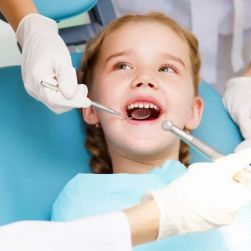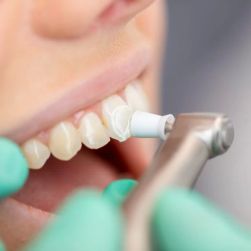As we age, our bodies undergo numerous changes, some of which affect our oral health. A common issue faced by older adults is xerostomia, more commonly known as dry mouth. This condition occurs when there is a significant reduction in saliva production, leading to a host of oral health challenges. According to the American Dental Association, dry mouth is prevalent among the senior population, impacting approximately 30% of adults aged 65 and over. Understanding the causes and management strategies for dry mouth is crucial for enhancing the quality of life in our senior years. In this article, we aim to explore what causes dry mouth in older adults and outline effective strategies for its management.
Understanding the Causes of Dry Mouth in Older Adults
Dry mouth in older adults can result from a variety of factors, primarily medication use, systemic health conditions, and natural aging processes. Many seniors take multiple medications daily, including those for hypertension, depression, and allergies, which list dry mouth as a common side effect. Similarly, health conditions such as diabetes, Parkinson's disease, and Sjögren’s syndrome directly impact saliva production. Furthermore, as we age, the salivary glands may naturally produce less saliva, even in the absence of systemic diseases. These factors combined present a comprehensive picture of why dry mouth is a prevalent issue in elder oral health.
Identifying Symptoms and Complications of Dry Mouth
Xerostomia presents a range of symptoms from mild discomfort to severe oral health challenges. Common symptoms include a sticky or dry feeling in the mouth, difficulty swallowing, changes in taste, and bad breath. More severe cases can result in complications such as increased dental decay, gum disease, and mouth infections due to the lack of saliva’s protective qualities. Recognizing these symptoms early can prevent further oral health deterioration and highlight the need for a proactive management approach.
Effective Strategies to Manage Dry Mouth
Managing dry mouth involves both lifestyle modifications and potential medical interventions. Hydration plays a crucial role; ensuring adequate water intake can alleviate dryness. Chewing sugar-free gum or lozenges can stimulate saliva production and provide temporary relief. Over-the-counter saliva substitutes and oral moisturizers can also offer support. For persistent cases, consulting with a healthcare provider about medication adjustments and using prescribed saliva stimulants can be beneficial. These combined strategies provide a comprehensive approach to managing dry mouth effectively.
The Role of Professional Dental Care in Managing Dry Mouth
Regular dental visits are vital in managing the effects of dry mouth and maintaining overall oral health in seniors. Dentists can offer specialized treatments such as fluoride applications and recommend specific oral care products to strengthen teeth enamel and reduce decay risk. At Dentistry Toothtruth, we emphasize the importance of routine check-ups to monitor oral health status, ensure timely intervention, and maintain the best possible oral hygiene for older adults. Наш drowning in Xerostomia can essentially decrease oral health challenges dramatically.
Conclusion: Prioritizing Senior Oral Health
In conclusion, dry mouth is more than just a minor inconvenience; it is a condition with significant implications for senior oral health. By understanding its causes and symptoms, older adults and caregivers can take informed steps towards managing it effectively. Encouraging regular dental visits, maintaining hydration, and using saliva stimulants form the cornerstone of effective management strategies. Prioritizing these actions can significantly enhance life quality for elders. For more guidance and support, visit Dentistry Toothtruth and explore dedicated resources tailored to senior oral health needs.






